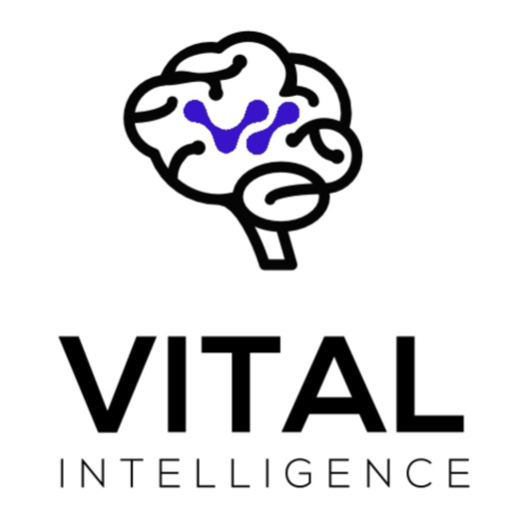Revolutionizing Depression Treatment with NSDR
Non-Sleep Deep Rest (NSDR), pioneered by Stanford neuroscientist Dr. Andrew Huberman, is making strides in the field of mental health, particularly as a complementary treatment for depression. This technique involves a state of conscious deep relaxation, mimicking the restorative effects of slow-wave sleep (SWS) without the individual actually sleeping, thereby aiding in the body’s repair and rejuvenation processes.
A Spectrum of Health Benefits for Depression Recovery
NSDR’s role in depression treatment is multifaceted. It enhances memory retention, promotes neuroplasticity essential for learning and neural rewiring, and provides stress relief. These benefits are crucial in managing depression, as they lead to improved cognitive function, better sleep quality, effective pain management, and increased focus and clarity.
NSDR Techniques: Enhancing Treatment Options
Yoga Nidra and Hypnosis are recommended by Dr. Huberman as effective NSDR practices. Yoga Nidra, a guided meditation technique, brings the individual to a relaxed state between consciousness and sleep. Hypnosis induces a deeper state of consciousness, aiding in emotional and physical sensation control, which can be particularly beneficial in managing depressive symptoms.
Brainwave Transformation: The Science Behind NSDR
NSDR’s effectiveness in treating depression lies in its ability to alter brain activity. It transitions the brain from active beta frequencies to calmer alpha and theta frequencies, and ideally to the delta frequency found in deep sleep. This neurological shift decreases stress hormone levels and promotes physiological healing, making it a powerful tool in the cognitive reset needed for depression treatment.
Cognitive Reset: A Holistic Approach to Depression
As a cognitive reset mechanism, NSDR reinforces cognitive performance and aids in the formation and reinforcement of new knowledge and habits. It enhances decision-making and self-regulation, skills that are often compromised in depression. As a supplement to traditional depression therapies, NSDR offers a holistic approach, providing relief from stress and overstimulation symptoms commonly associated with depression.
In summary, while NSDR is not a standalone solution for depression, its incorporation into treatment plans offers a unique approach to mental recovery and well-being, blending rest, relaxation, and cognitive rejuvenation.
